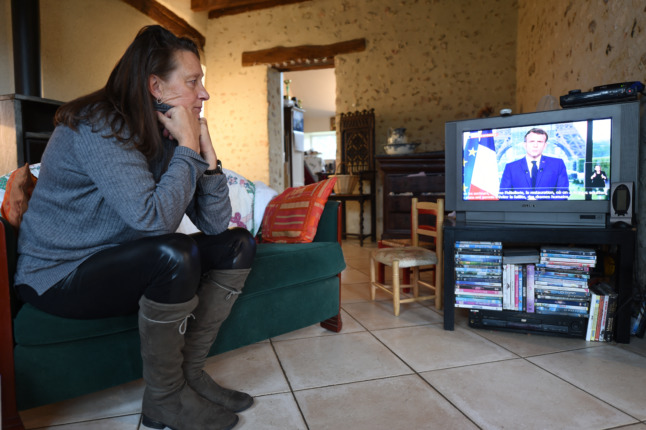The deal will also benefit the more modest number of Swedes working in India.
”We are systematically tearing down the obstacles in welfare systems that have been an impediment for trade,” Swedish Social Security Minister Ulf Kristersson told The Local.
Indians working in Sweden, and vice versa, will no longer risk paying pension fees in two countries.
That risk also represented a burden for their employers, Kristersson noted.
The deal will also harmonize how pensions are paid out.
“Nobody should be discriminated because they’ve paid into two different systems,” Kristersson said.
At the moment, a person must have worked a minimum of 10 years in India to qualify for a pension there.
It is possible to extract the pension contribution in cash, but not until the beneficiary reaches pension age, as defined by Indian law.
That system affects both Swedes working in India and Indians who decide to stay in Sweden and want to bring their contributions here.
“It is tricky to remember 40 years on if you maybe worked a few years in India,” Kristersson said.
When the deal is signed next week, the Indian pension system should become “exportable” in the same way as the Swedish one, where people who leave can take their contributions with them to their new home country.
At present, there are an estimated 500 Swedes working in India but the number of Indian employees at Swedish firms setting up shop on the subcontinent has now surpassed 100,000.
For companies who want to send employees abroad for short to medium-term work contracts, it will now be possible to stay in the old social security system for up to two years.
The move is meant to encourage business and trade between the two countries.
“Currently, there are more Swedish companies in India than Indian companies in Sweden so the agreement at present shall benefit Swedish companies more,” Oscar Kerketta, Counsellor at the Indian embassy in Stockholm, told The Local.
“However, we feel that with this agreement in place the Indian companies would be encouraged to invest in Sweden.”
He also noted the agreement will “facilitate the movement of professionals in the two countries”.
As a demographic, Indian employees are increasingly important to Sweden. They represent the second-largest labour migrant group in Sweden, many working in the IT and admin sectors.
In addition to the 8,000 Indian nationals, another 12,000 people of Indian origin also call Sweden home.
”Looking at the longer perspective, we are moving our focus from the EU and the USA to several key Asian nations,” Kristersson told The Local.
Similar deals are being hammered out with China, South Korea and Japan.
Ann Törnkvist



 Please whitelist us to continue reading.
Please whitelist us to continue reading.
Member comments